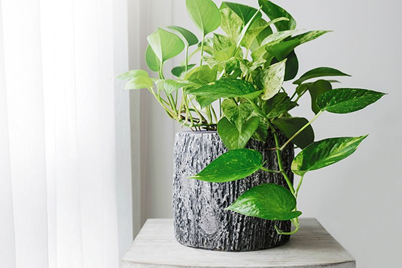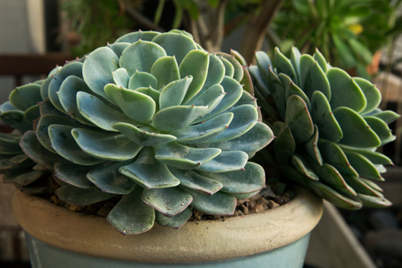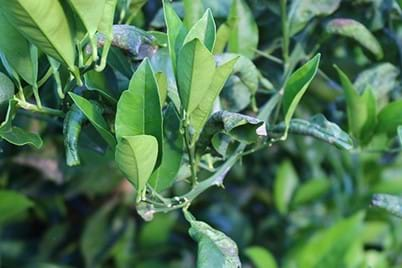Eureka lemons (Citrus limon 'Eureka') are one of the most popular lemons grown in Australia. They're thin skinned, have minimal seeds and the fruit is large, juicy and acidic. One of the advantages of Eureka lemons is that although winter is their peak fruiting season, in warm areas they can produce fruit almost year round, so you'll always have tasty lemons on hand.
Eureka lemon trees can grow up to 5 m tall. For pots and smaller spaces choose a more compact dwarf variety, which will reach up to 3 m tall.

When planting a new Eureka lemon out in the garden, choose a spot with well-drained soil that receives at least 6 hours of sunshine a day and enrich the soil in the planting hole first with some Yates Dynamic Lifter Soil Improver & Plant Fertiliser. It promotes increased soil organic matter content and water holding capacity, in addition to providing the new tree with gentle slow release organic nutrients as it establishes. For potted citrus, choose a pot with good drainage holes and fill with a good quality potting mix like Yates Premium Potting Mix. A 40 cm diameter Yates Tuscan pot makes a great home for a Eureka lemon tree.
Keep new citrus trees well-watered for several months as they settle into their new home, particularly during summer's hot weather. Potted citrus trees will dry out much faster than in-ground trees.
For established citrus, it's important to keep deep watering and feeding during summer while the small fruit are developing. Moisture and nutrient stress can adversely affect the quantity and quality of the fruit harvest. Feeding is as simple as diluting 2 capfuls of Yates Thrive Citrus Liquid Plant Food into a 9 L watering can and applying over the root zone each week.
Insider tip: Yates Tuscan pots have a beautiful classic look, are lightweight and made from UV stabilised plastic to withstand harsh conditions and help keep the pot looking great. Designed by horticulturists, they are well drained and have vertical ridges on the inside wall, which encourage citrus roots to grow downwards, rather than circling around the pot.







